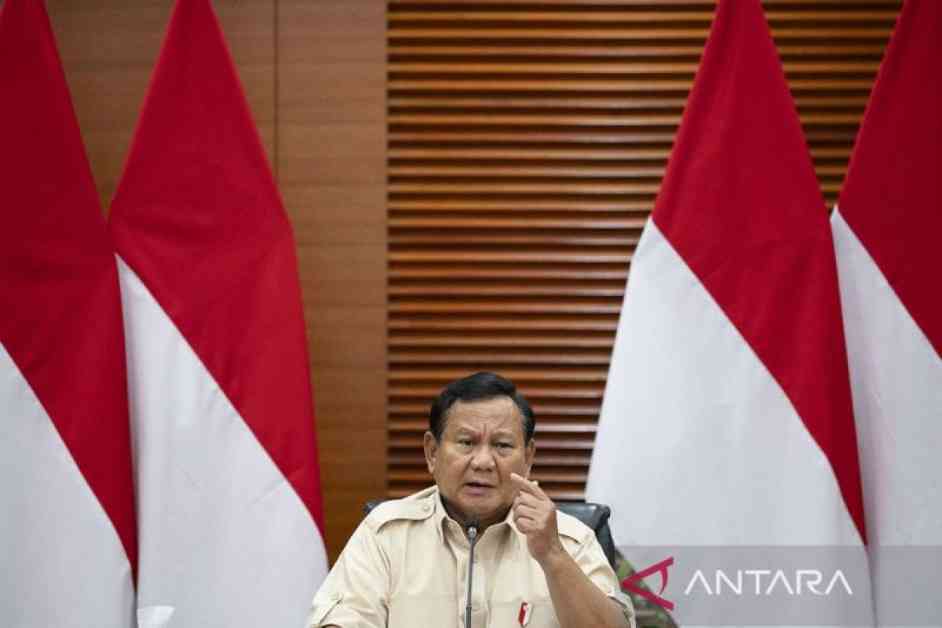Indonesia Introduces $2.3 Billion Stimulus Plan Alongside VAT Hike
Jakarta (ANTARA) – In a bid to cushion the impact of the upcoming increase in the value-added tax (VAT) from 11 percent to 12 percent, the Indonesian Government has unveiled a comprehensive economic stimulus package worth Rp38.6 trillion (approximately USD2.3 billion). This move, set to take effect on January 1, 2025, aims to support the people’s purchasing power and bolster the economy during these challenging times.
President Prabowo Subianto Unveils Stimulus Package Details
During a press conference held in Jakarta on Tuesday, President Prabowo Subianto shed light on the key components of the stimulus plan. Among the highlights is the provision of 10 kilograms of rice assistance per month for 16 million beneficiaries, offering much-needed relief to vulnerable households across the nation.
Assistance Measures to Alleviate Financial Burdens
Additionally, the government plans to alleviate the burden of household expenses by introducing a 50 percent discount on electricity costs for homes with an installed electricity capacity of up to 2,200 VA. Furthermore, workers in labor-intensive sectors earning monthly salaries of up to Rp10 million will benefit from incentives under Article 21 Income Tax (DTP).
Focus on Supporting MSMEs and Low-Income Households
Notably, micro, small, and medium enterprises (MSMEs) with an annual turnover of less than Rp500 million will enjoy free income tax, fostering a conducive environment for their growth and sustainability. Moreover, low-income households will receive a stimulus equivalent to one percent government-borne VAT for essential goods like wheat flour, subsidized cooking oil, and industrial sugar, keeping VAT rates for these items at 11 percent.
As the government gears up for these policy changes, the collective effort to navigate the economic landscape is crucial to safeguarding the well-being of all citizens. With a strategic focus on supporting vulnerable groups and boosting economic activity, Indonesia aims to weather the challenges posed by the VAT hike while fostering sustainable growth and resilience in the long run.






















